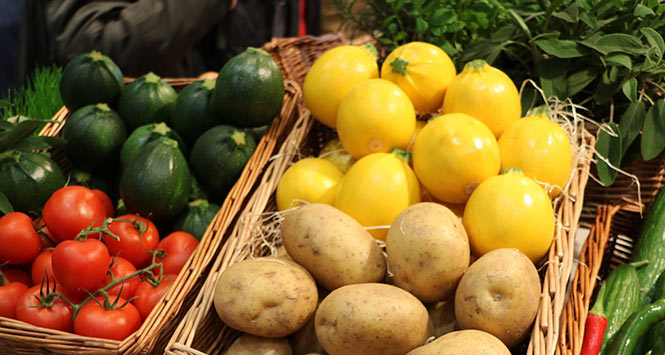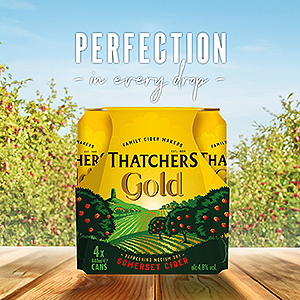Parents on lower incomes face barriers to accessing and affording fruit, veg and wholegrains across major UK retailers, new research reveals.
Data from The Food Foundation, published as part of its Kids Food Guarantee programme, shows that:
- 14% of the lowest priced fruit and veg products across major retailers in the UK contain added salt and/or sugar.
- If poorer families were buying the lowest priced fruit and veg available, it would cost between 34-52% of one person’s weekly food budget to afford a week’s worth of 5-a-day. This compares to 17-26% for the wealthiest 10% of families.
- The cheapest fruit and veg items that appear online are often not stocked in stores.
- Just 16% of common carbohydrates, including bread, pasta, rice and noodles, are wholegrain, with wholegrain foods costing more on average than comparable white carbohydrate products.
The Food Foundation worked with Questionmark Foundation, an international non-profit think tank, to monitor the price and availability of fruit, veg and wholegrain products across seven major UK retailers including Aldi, Asda, Morrisons, Iceland, Sainsbury’s, Tesco and Co-op, with data collected in November 2023.
The data shows 14% of the lowest priced fruit and veg products across the seven retailers looked at contained added sugar and/or salt. Vegetables were more likely to contain added salt or sugar than fruit products, with baked beans, tinned peas and tomato sauces most likely to contain added salt and sugar.
The study found a week’s worth of fruit and veg (at least 35 portions) for one person can be purchased for less than £14. Fruit is on average twice as expensive as vegetables, at 19p per portion compared to 10p per portion for veg.
The average weekly expenditure on food per person for the poorest 10% of UK households is £25 per week, compared to £50 for the wealthiest 10% of households. This means that even if poorer families were buying the lowest priced fruit and veg available, it would cost between 34-52% of one person’s weekly food budget to afford a week’s worth of 5-a-day. This compares to 17-26% for the wealthiest 10% of families.
The Food Foundation staff and Young Food Ambassadors visited 30 stores across the UK to spot test how widely available the 10 lowest cost fruit and veg items for each retailer are. They found that the majority of the stores (60%) had five or less of the 10 lowest cost items identified in stock. On average stores had five items available, although this was lower in the local/express stores visited, where an average of four low-cost fruit and veg products were available.
The study also shows that wholegrain items can be difficult to access. Across all four carbohydrate categories looked at (pasta, rice, bread, noodles), most available options are white, unrefined products. Just 16% of all products were wholegrain, whole wheat, brown, or 50:50, with only six whole wheat noodle products available across all seven retailers.
Additionally, the price of wholegrain and brown products is, on average, higher than the closest comparable low-cost white product across all four categories making it difficult for low-income families to buy healthier products. The average price difference is greatest in the rice category, where on average it costs 77p more per 100g to buy brown rice compared to similar white rice products.
Surveys show that 95% of adults don’t eat enough wholegrains and nearly one in three get none at all. Intakes of fibre are also very low, with just 9% of adults meeting the recommended daily intake of fibre.
Rebecca Tobi, Senior Business and Investor Engagement Manager at The Food Foundation, said: “There are very few people who would argue with the fact that fruit and veg should be the absolute cornerstone of a healthy diet. Which is why it’s crucial that supermarkets and policy makers act to close the inequality gap when it comes to supporting low-income households to access and afford healthy staples.”
She added: “The government ought to ensure the cost of a healthy diet as recommended in the UK’s healthy eating guidance is factored into benefits and minimum wage levels. And retailers need to do more to ensure that competitively priced healthy essentials are available across all product categories, and in all stores.”




